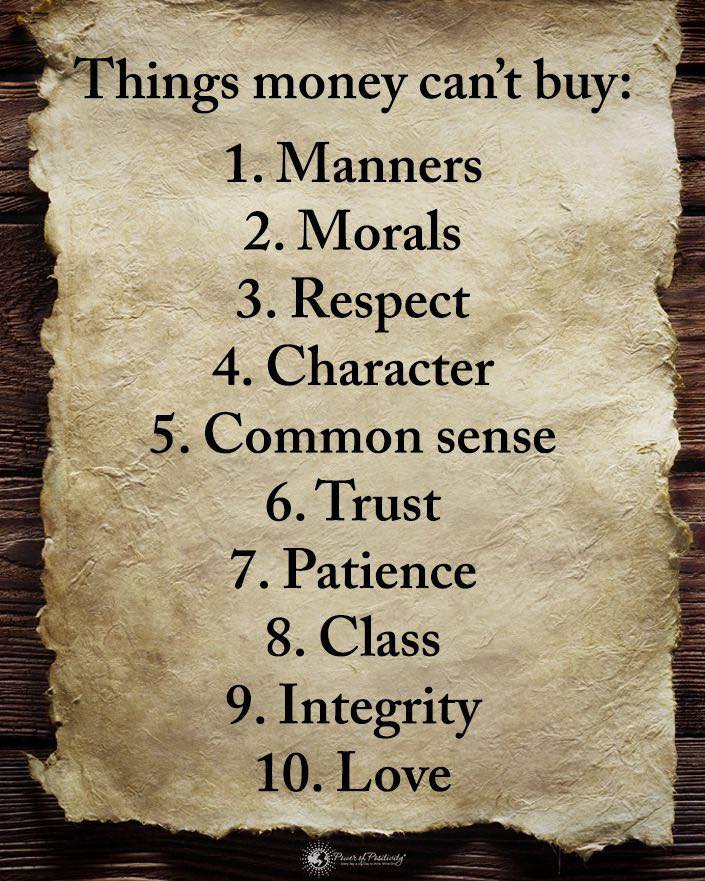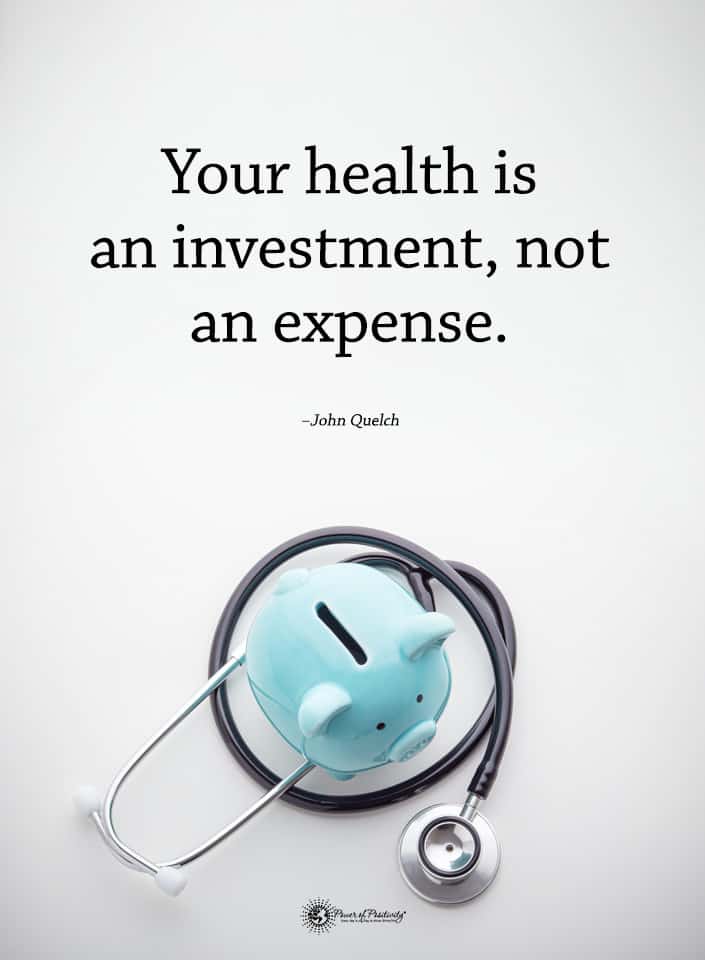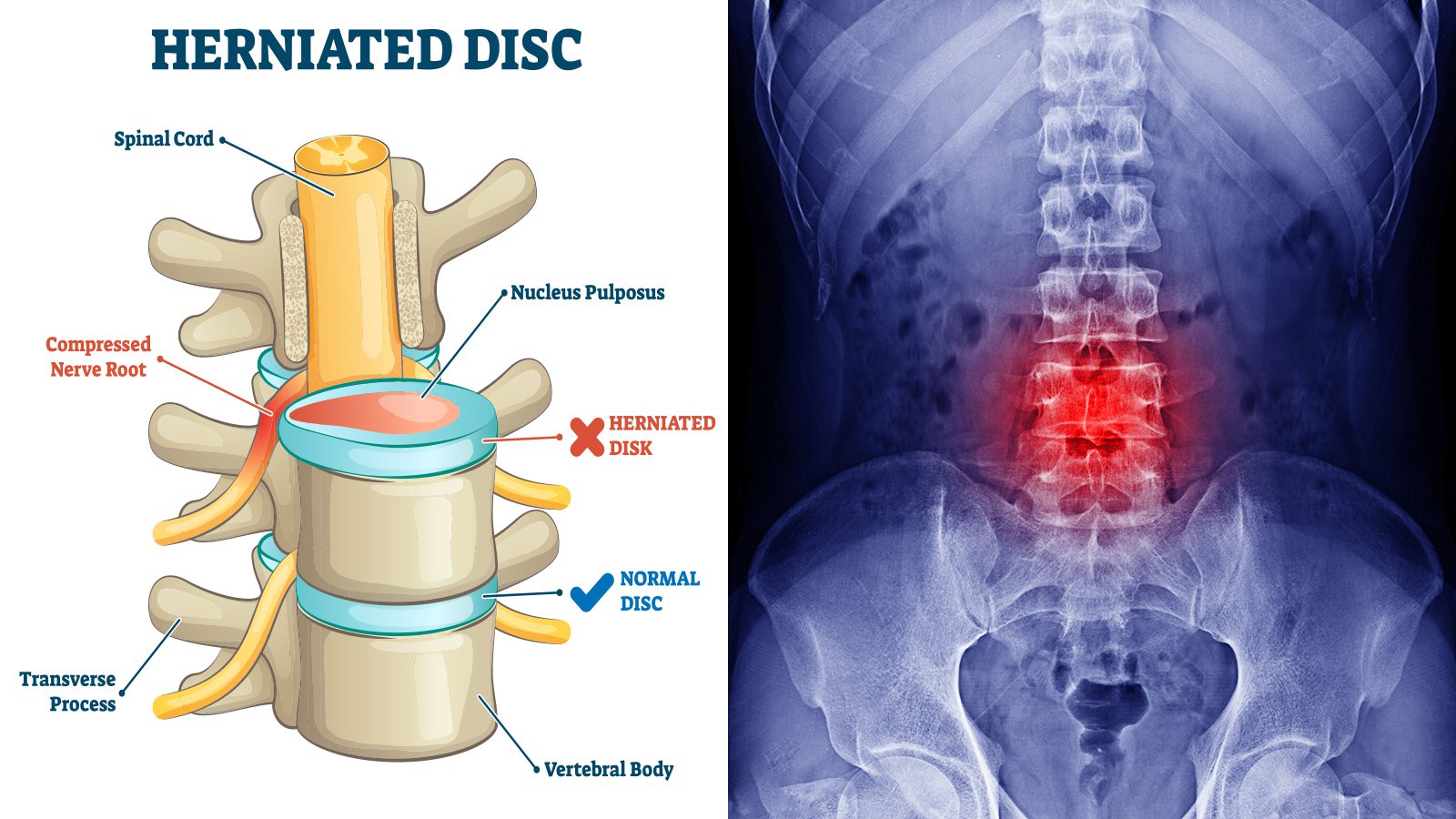A herniated disc occurs when a piece of a disc pushes into your spinal canal through a tear or rupture. Sometimes called a slipped disc or ruptured disc presses on your spinal nerves, causing pain. Herniated discs may occur in any part of the spine, but it’s most common in your lower back and neck. Where the herniated disc is will affect your spine and the nerves that go to different parts of your body.
Recognizing symptoms of a herniated disc is difficult. Believe it or not, you may have a herniated disc and no signs. Individuals often go to their doctor for another condition, only to find out they have a herniated disc. If you’re experiencing neck or back pain, here are fifteen signs of a herniated disc that are never to ignore.
Fifteen Signs You Might Have a Herniated Disc

1. Your arm hurts with a herniated disc
Say what? That’s right. A herniated disc can make your arm hurt. This pain is because a slipped disc can happen anywhere along your spine. The pain from the herniated disc can show up in your back or other parts of your body, like your arm. You might have a dull aching feeling in your arm if the herniated disc is high enough on your spine. If your arm suddenly hurts for no reason and persists for weeks, talk to your chiropractor about getting an x-ray to rule out a herniated disc.
2. Sciatica (lower back pain)
If you have pain from your buttocks and lower back radiating down your spine, you could have sciatica. It causes pressure and burning pain on one side of our body. A herniated disc often causes sciatica. Indeed, it’s thought that a herniated disc causes most sciatica cases. This is because the herniated disc presses on your spine nerves that make up your sciatica nerve. Symptoms of sciatica include the following:
- Low back pain
- Pain down your leg radiating from your buttocks
- Pain when you move
- Tingling in your legs, feet, or toes
- Bladder problems
3. Shoulder pain
If you have a herniated disc in your neck, you’ll
probably have shoulder or arm pain. This pain may shoot down your arm or shoulder when you sneeze or cough. The pain from a herniated disc in your neck can range from dull to aching and difficult to localize to sharp neck pain and easy to pinpoint. If you’re experiencing this type of pain, talk to your chiropractor. Ask them if you can get an x-ray or CT scan to determine the cause.
4. Foot pain
Suppose you’ve herniated a disc in your lower spine—good chance you’ll have leg or foot pain. Sometimes a herniated disc in your lower spine can cause numbness in your toes. This sensation occurs because the disc is pressing on a nerve to your toes, causing numb feelings.
5. Cold on one side of your body
Herniated discs symptoms can be challenging to pinpoint. You may have intense pain or feel cold along one side of your body. The discs in your spine are like pillows to absorb shock between the bones in your spine. A herniated disc is when the gel-like part gets pushed out of the disc and into your spinal cord. This presses on the spinal nerves causing pain. If you feel cold on one side of your body, it could be you’ve herniated a disc, and it’s pressing on your lower back area, causing the numbness or coldness you feel.
6. Sudden, shocking pain
A classic symptom is a sudden bolt of pain that feels like you’ve been shocked in your back. It can affect your sciatica nerve on one side of your body, so you feel this excruciating pain down your leg when you walk, go upstairs or sit down. You can only get relief if you lie down.
7. Weakness in your legs
A severely herniated disc can put so much pressure on your spine that it compresses the nerves running to your legs, making them feel weak. You may even feel off balance when you walk. Runners who have a slipped disc often miss these symptoms as simply a running injury. Please don’t ignore the signs that it could be a severe problem.
8. Loss of bowel control
This sounds pretty bad, and it is. If you suddenly lose bowel or bladder control, don’t walk. Run to the emergency room. This event isn’t something that will resolve itself. You may have a severed nerve in your spine and need immediate surgery to heal this.
9. It hurts when you laugh, cough or sneeze
Extreme pain in your lower back when you laugh, cough or sneeze is a classic herniated disc symptom. Laughing, coughing, and sneezing put pressure on your back and cause sharp pain in the area where you have the herniated disc. You may not feel it otherwise. If you talk to your chiropractor, they can determine what’s happening.
10. Resting makes a herniated disc worse
This is an often-misunderstood symptom because typically, when you rest your back, it feels better. But a herniated disc pain won’t go away when you sit down to rest. It makes it feel worse. The only relief may be lying down, but this may not help. The best treatment can be these:
- Ice and then heat
- Massage
- Gentle exercise like walking or riding a bike
- Stretching to keep your muscles limber and flexible
- Ultrasound therapy
- Muscle stimulation with electric probes

11. Neck pain
When you have a herniated disc in your cervical spine, it leads to neck pain and stiffness. Who is at risk of this condition occurring in the neck? Here are the conditions that weaken your disc in your neck or other areas of your body and put you at risk for this condition.
- If you’re middle age to older
- Lifting objects too heavy for you
- Improperly lifting objects
- Being overweight
- Sudden pressure in your neck
- Sitting with poor posture.
- Having a sedentary lifestyle
- Smoking
- Genetic factors-this condition tends to run in families
12. Muscle spasms
If a herniated disc ruptures, you’ll feel a lot of pain. You may have muscle spasms in your back, making it difficult to move without extreme pain. To ease the pain of muscle spasms, alternate between ice and heat. The coldness will relieve the inflammation and reduce the cramps. Ice is best initially for a couple of days, then use heat. Heat will relax your muscles.
13. Pins and needles
Pins and needles are an itching, crawling, or tingling sensation when you have a pinched or damaged nerve from a herniated disc. Depending on where the herniated disc is on your spine, you might feel this in your legs, arms, neck, or back. If you continue these sensations, talk with your chiropractor to get a proper diagnosis. There is a chance that a herniated disc does not cause the feelings.
- Medications
- Antibiotics
- Toxins such as lead
- Poor diet
- Drinking too much alcohol
14. Burning feeling
A burning sensation in your arms, back, legs, or neck is another sign of a herniated disc you shouldn’t ignore. This searing pain is distracting. It occurs when a disc is pressing on a nerve in your spine. Many people experience this when they first have a herniated disc.
15. Hand numbness
Numbness in your arms or hands occurs when you have a cervical disc herniation. The pressure on your spinal nerves leads to numbing feelings in your extremities. The best treatment is to rest. Stretching and gentle exercise also help to reduce the numbness and pressure on your nerves.
How do you prevent a herniated disc?
Staying healthy is the best way to prevent a bulging disc. Get lots of exercise and eat healthy, fresh foods to keep your body strong. Try strength training exercises to work on your core to maintain a strong back. Be sure to have good posture during the day when you’re sitting at your computer or driving. Don’t slump. This puts pressure on your lumbar and cervical spinal areas.
Good news, if you have a herniated disc.
Fortunately, 85% of people with symptoms of herniated disc find it resolves itself within 8 to 12 weeks. This is because your body can remove the damaged tissue on its own. It’s good to get an evaluation to make sure the damage isn’t permanent. There are three steps to getting checked out.
- X-ray: You can go to a clinic or chiropractor for x-rays. The x-ray will rule out a fracture in your spine.
- CT scan: Your chiropractor can give you a prescription for a CT scan so they can look at the bones in your spine.
- MRI: This is one way a doctor can see your spine and the tissues around your spine. Your chiropractor can rule out any significant damage to your spine.
Your chiropractor will likely have you come in for treatments to help align your spine. Still, if you have neurological symptoms or other weird symptoms, you need to seek additional medical treatments, so you don’t end up with irreparable damage.
 Final thoughts on Living With Back Pain or Neck Pain Resulting From a Herniated Disc
Final thoughts on Living With Back Pain or Neck Pain Resulting From a Herniated Disc
This painful condition is not fun. They cause discomfort or pain in different parts of your body depending upon where the herniated disc is on your spine. It can be challenging to pinpoint the exact nature of your back pain. Symptoms range from numbness, neck pain, back pain, and tingling.
If you have some symptoms, get checked out by your chiropractor right away. They can determine where your herniated disc is and begin the healing process so you’re feeling pain-free once again.




















